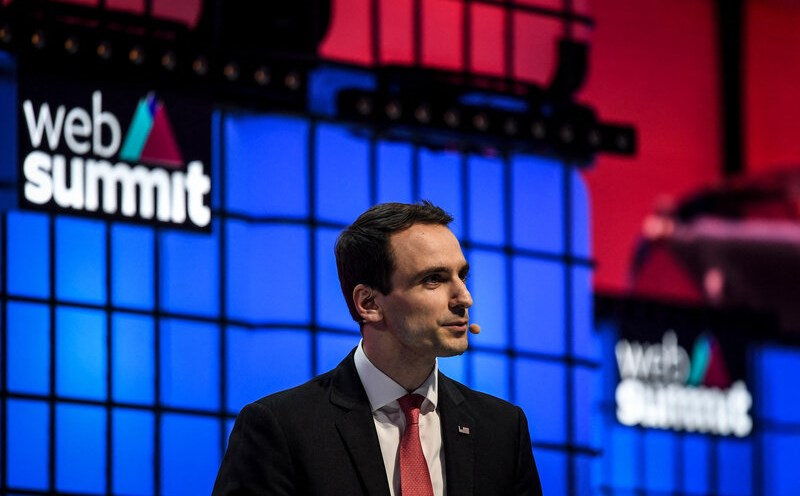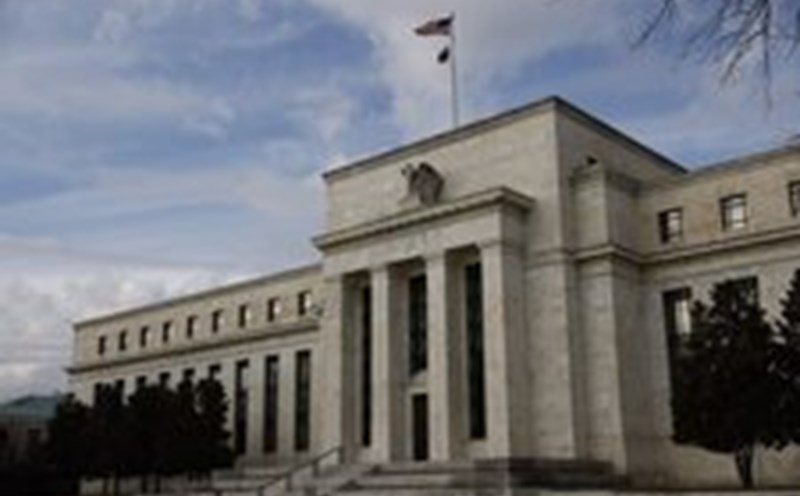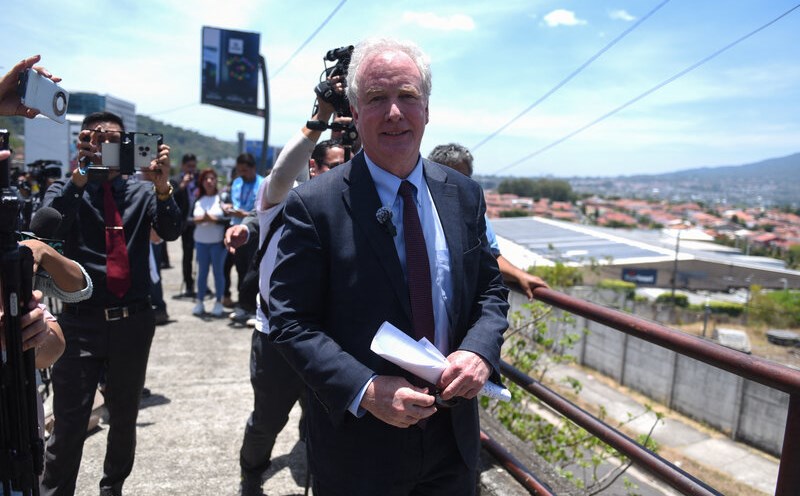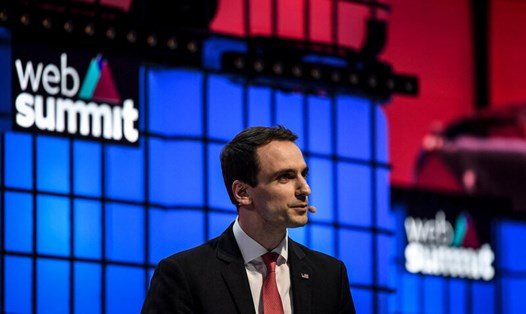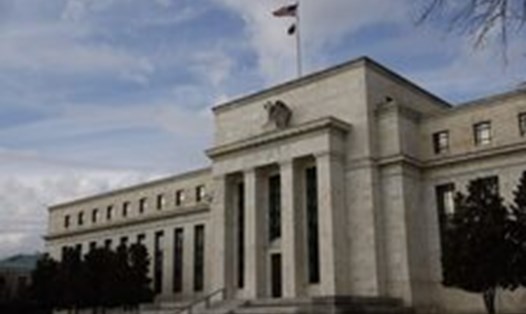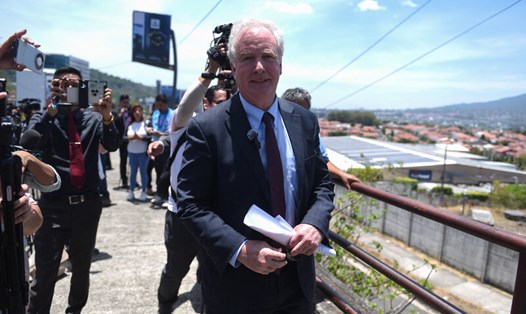According to France 24, this move is the result of an investigation initiated from Mr. Trump's previous term and released in the context of escalating trade tensions between the two largest economies in the world surrounding new US tariffs.
US Trade Representative Jamieson Greer said, Ships and the shipping industry play an important role in the economic security and free trade of the United States.
Under the new regulation, the fee will be calculated based on the weight or number of containers per trip to the US of ships linked to China, instead of charging at each port as some businesses have worried. This fee will be applied up to 5 times a year and can be exempted if the ship owner orders a US-made ship.
For Chinese-made ships, the starting fee will be $18 per cargo or $120 per container. For a ship carrying about 15,000 containers, the fee could be up to $1.8 million. Cargo ships that are not built in the US will also start to be charged after 180 days. For ships carrying liquefied natural gas (LNG), the fee will be applied after 3 years.
The new port fees will be applied specifically to ships built in China and ships operated by China, and both will increase over time. However, some cases will not be subject to the new fee, including transportation on Great Lakes, transportation within the Caribbean, transportation to and from US territories, or when ships arrive in the US in an empty state.
In addition to the fees, Mr. Greer also announced a proposal to impose new tariffs on some loading and unloading equipment, including cranes from ships to shore and Chinese-made cargo handling equipment. He emphasized that these measures will contribute to promoting the production of domestic ships.
The US shipbuilding industry has held a leading position after World War II, but has gradually weakened and now accounts for only 0.1% of global output. Meanwhile, Asia is leading the sector with China accounting for nearly half of the output, surpassing South Korea and Japan. These three Asian countries account for more than 95% of the global civil shipbuilding industry, according to data from the United Nations.
Although the US government expects the new policy to boost domestic production, many associations representing about 30 US industries have expressed concerns since March that this fee, combined with other taxes, will put great pressure on the cost of imported goods and negatively affect domestic retailers.

